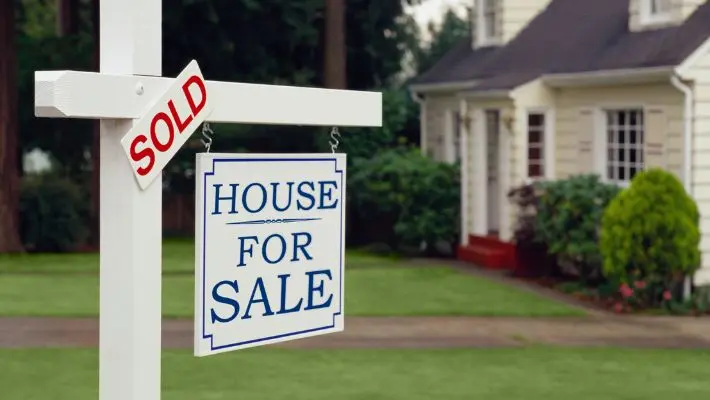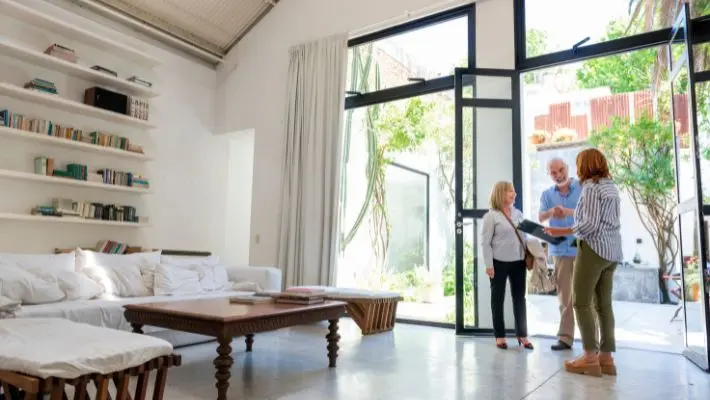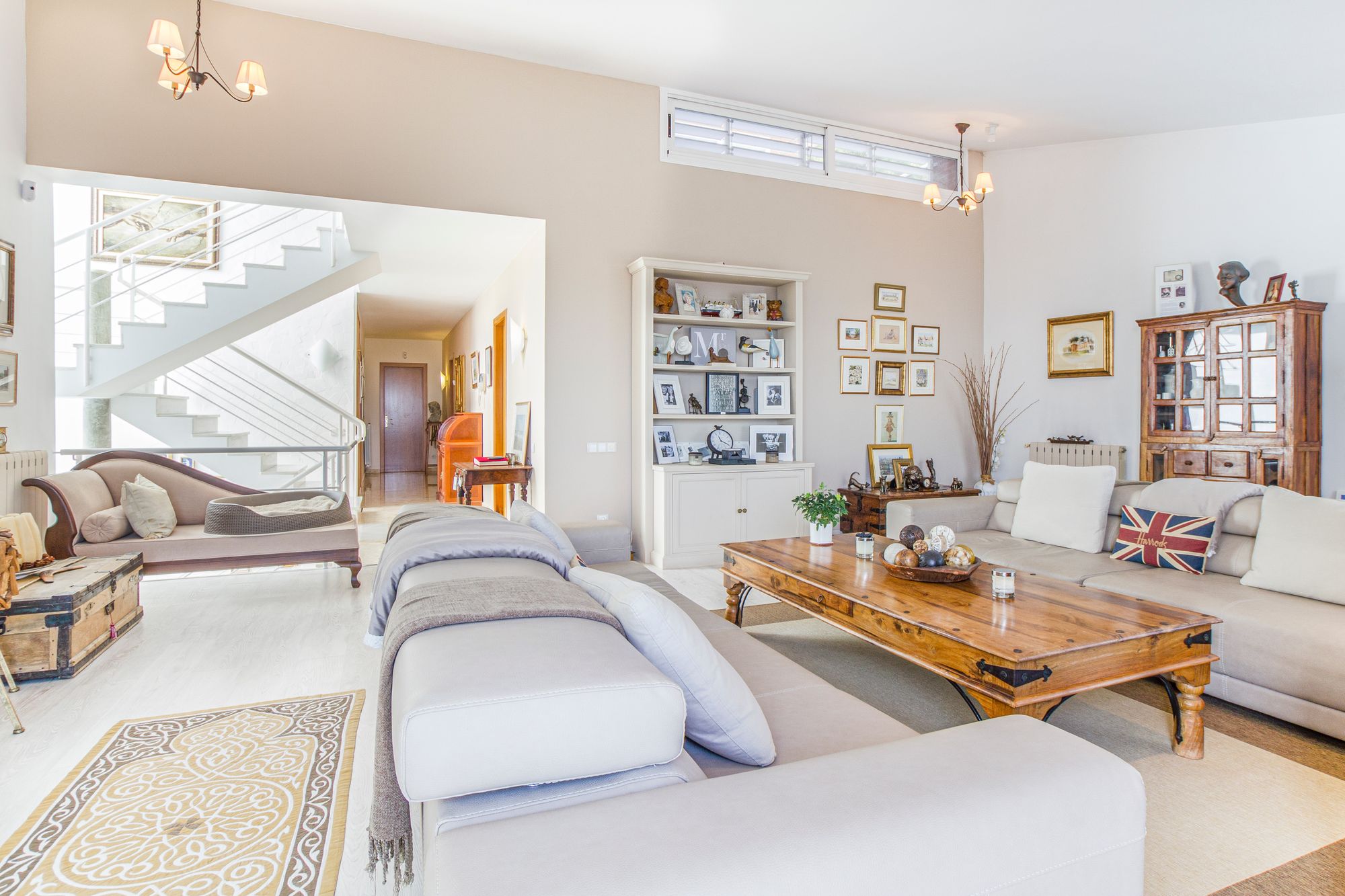
Should You Stage Your Home to Sell it?
As a seller, you have the option of deciding to stage your home before listing. Home staging is a part of the listing process that prepares your home for the market. Staging involves having a professional team of home stagers come into your property and decorate it so it appeals to buyers. Staging can take place in advance of an open house [https://www.realestateagents.com/resource/blog/all/7-diy-projects-to-get-your-home-open-house-ready/] to create the ideal environment for buyers to in
As a seller, you have the option of deciding to stage your home before listing.
Home staging is a part of the listing process that prepares your home for the market. Staging involves having a professional team of home stagers come into your property and decorate it so it appeals to buyers.
Staging can take place in advance of an open house to create the ideal environment for buyers to interact with your home. Or, it can happen to prepare for the home’s listing photo shoot by creating engaging spaces that make your home stand out. In today’s market, there is also the option of virtual staging that uses digital technologies to create staged areas for virtual tours or digital listing photos.
Staging is known to help increase a listing’s attractiveness on the market, but the process is typically expensive and time-consuming. Here is an overview of the pros and cons of home staging to help you decide whether or not to stage your home when selling.
Stage Your Home to Access These 3 Benefits
These three benefits should be considered by sellers deciding whether or not to stage their homes.
#1. Staging Creates Strong Listings
Staging creates visually appealing listings that attract buyers. Staged homes stand out on listing portals, which can potentially give your home leverage over comparable properties for sale.
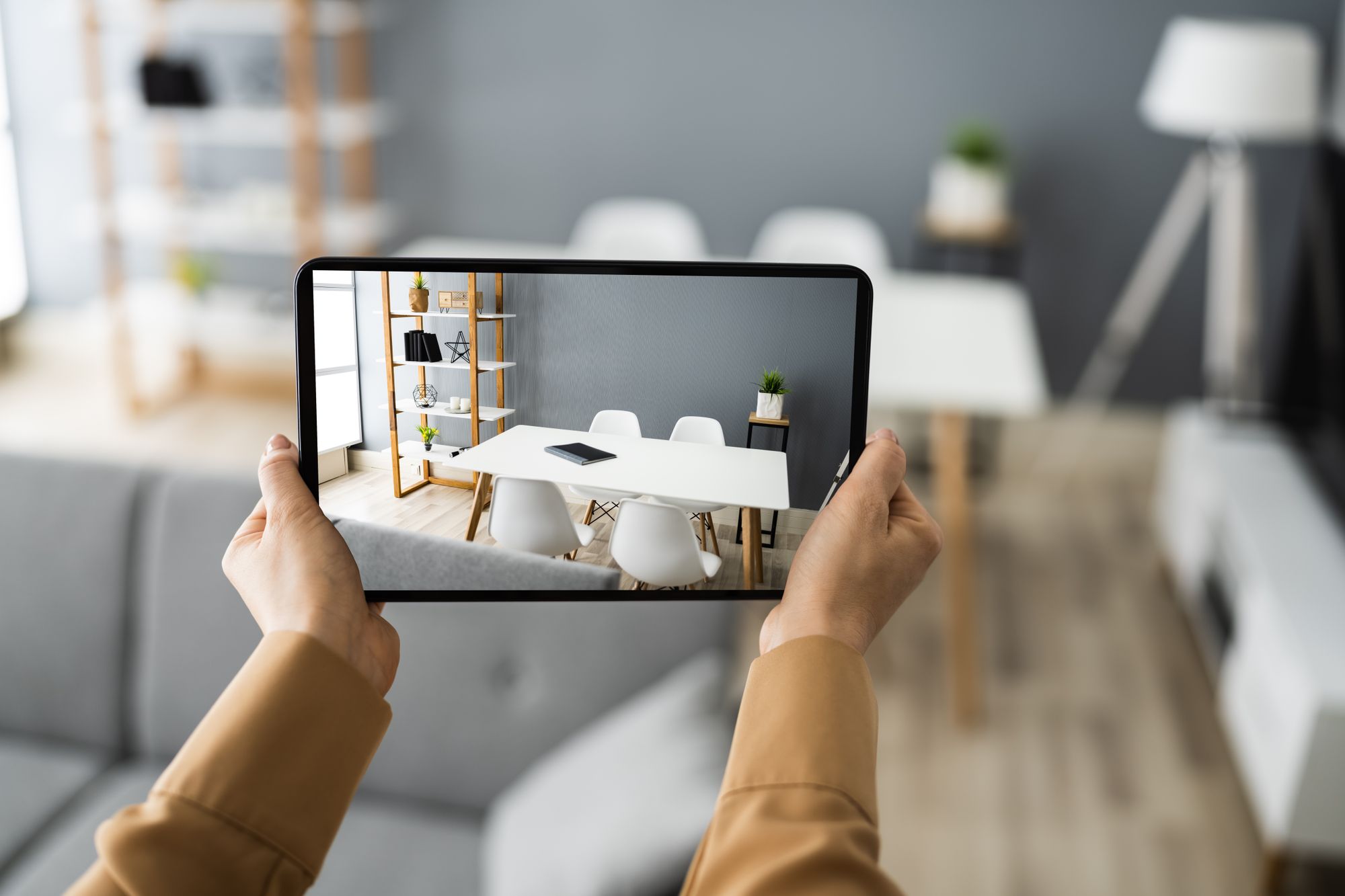
Staged homes make strong first impressions that can generate more momentum for your listing.
#2. Staging Helps Homes Sell Faster
According to the 2021 Profile of Home Staging created by the National Association of REALTORS® Research Group, 22% of sellers’ agents reported that there was a slight decrease in time spent on the market for staged listings.
Since staging increases the appeal of your home, it may help your home sell faster by prompting interested buyers to make an offer more quickly than if the home was unstaged.
#3. Staging May Boost Your Home’s Perceived Value
The NAR® 2021 Profile of Home Staging also reported that 23% of sellers’ agents experienced an increase between 1% and 5% on the dollar value offered by buyers in comparison to similar unstaged properties.

Staging makes it easier for buyers to visualize a listing as a future home which helps them seriously consider the listing. This may influence them to make higher bids on the home than they would if it were unstaged.
2 Downsides of Staging to Be Aware Of
If you are going to stage your home, think about these potential downsides to home staging.
#1. Staging Can Be Time-Consuming
Hiring a home staging company can be time-consuming, and sellers who are adhering to a strict deadline may not have the time available to commit to staging.
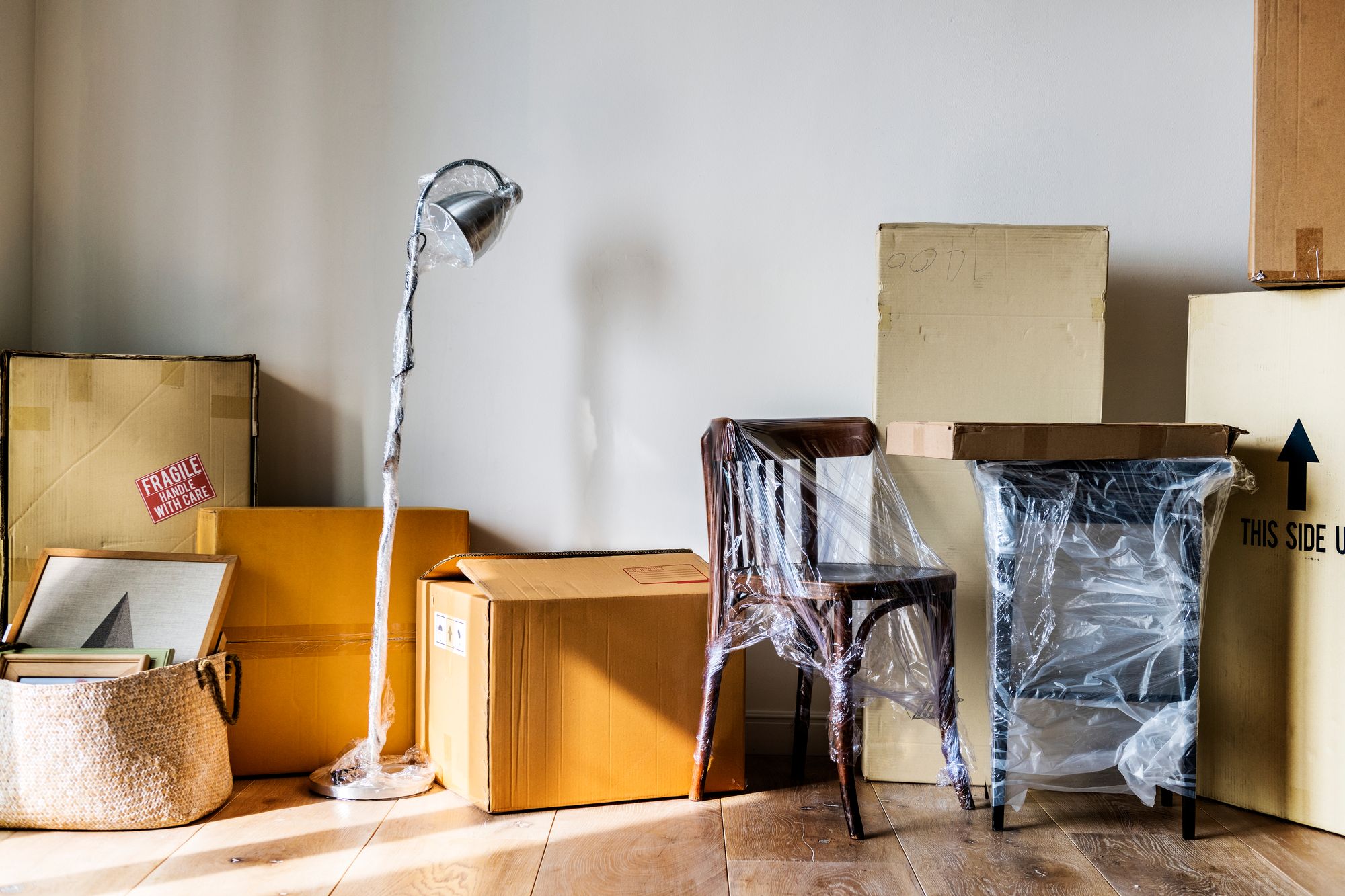
Sellers who cannot dedicate the time required to fully stage a home may be able to opt for only staging key rooms, such as kitchens, bedrooms, and bathrooms. DIY staging alongside your agent is another option if you do not have the bandwidth to invest in professional staging.
#2. Staging Can Be Expensive
In 2021, the median amount spent on home staging services was $1,500. The price of staging depends on the service provider, the number of rooms being staged, and the amount of time the rooms will be staged.
If you are on a tight selling budget and do not want to accumulate the additional expense, consider other options to make your home visually appealing to buyers.
The Solution? Choose What’s Best For You
It is recommended to conduct some level of home staging to increase your listing’s market appeal. However, the way you choose to stage your home should best serve your unique needs.
Whether you prefer to hire professional stagers or hire a photography company that includes staging services in their package, or work with virtual stagers to create digital marketing content — opt for the option that makes the most sense for you.
There is always the option of DIY staging where the seller and their representative agent work together to create lightly staged areas of the home. This can be done to prepare for the open house or the listing photo shoot.
Talk about home staging with your agent to determine how you should approach this step in the listing preparation process. If you work with the best agent, they will be able to provide you with recommendations based on your unique circumstances.
If you’re ready to get connected with the best agent in your market, explore what RealEstateAgents.com can do for you. For more insights on the buying and selling process, discover more custom articles here.
